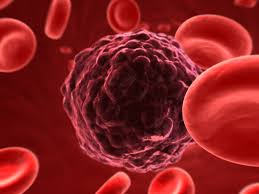记忆方法
1. 不(dis-)轻松(舒服)(ease)就得病(disease).
中文词源
disease 疾病
dis-, 不,非,使相反。ease, 放松,舒服。即不舒服,生病。
英语词源
- disease
-
disease: [14] Disease and malaise are parallel formations: both denote etymologically an ‘impairment of ease or comfort’. Disease comes from Old French desaise, a compound formed from the prefix dis- ‘not, lacking’ and aise ‘ease’, and in fact at first meant literally ‘discomfort’ or ‘uneasiness’. It was only towards the end of the 14th century that this sense began to narrow down in English to ‘sickness’. (Malaise was borrowed from French malaise, an Old French formation from mal ‘bad’ and aise.)
=> ease, malaise - disease (n.)
- early 14c., "discomfort, inconvenience," from Old French desaise "lack, want; discomfort, distress; trouble, misfortune; disease, sickness," from des- "without, away" (see dis-) + aise "ease" (see ease). Sense of "sickness, illness" in English first recorded late 14c.; the word still sometimes was used in its literal sense early 17c.
权威例句
- 1. The conditions are ripe for the spread of disease.
- 这种疾病传播的条件已经成熟。
- 2. The disease wiped out 40 million rabbits at a stroke.
- 该疾病一下子就使4,000万只兔子丧命。
- 3. Smoking places you at serious risk of cardiovascular and respiratory disease.
- 吸烟会大大增加罹患心血管和呼吸道疾病的风险。
- 4. Depression lowers the human ability to cope with disease.
- 抑郁症会降低人体对疾病的抵抗力。
- 5. When not removed, plaque causes tooth decay and gum disease.
- 牙斑如果不清除就会导致牙齿蛀蚀和牙龈疾病。

